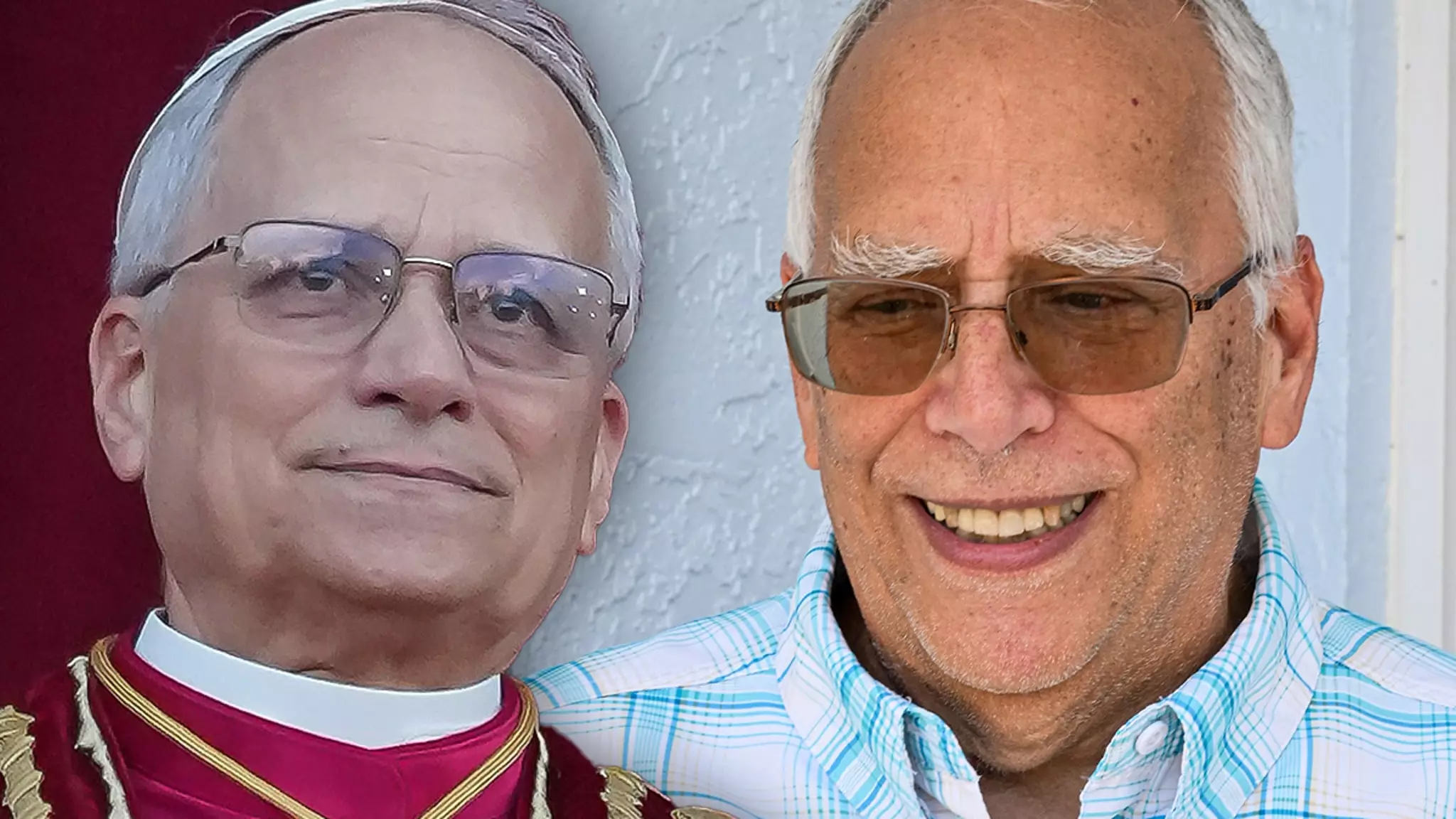The resurfacing of a social media post by Louis Prevost, the brother of recently elected Pope Leo XIV, is stirring up a whirlwind of controversy. Prevost’s decision to repost a politically charged video that disparages Nancy Pelosi has drawn significant attention and criticism. He referred to the former Speaker of the House with a derogatory term that many find unacceptable, raising questions about decorum and accountability in familial ties to figures of religious authority. The political divide in America is exacerbated by such incendiary rhetoric, particularly from a family member of someone with unprecedented influence within the Catholic Church.
Prevost’s post, intended to critique Pelosi’s views on U.S.-China trade, has become less about policy discourse and more about personal attacks that fuel an already heated divide in American politics. The video clip features Pelosi from the mid-90s discussing trade deficits, a topic that remains relevant today. However, rather than engaging in a substantive debate, Prevost’s rhetoric devolves into name-calling. This tactic not only detracts from his argument but also reflects a broader trend in political discourse—one that avoids reasoned dialogue in favor of vitriol.
The Burden of Family Ties
Being the sibling of a pope comes with its own set of expectations. Many are now scrutinizing how Prevost’s public persona might reflect on Pope Leo XIV, especially given that the pope’s election has generated historic significance as the first American pontiff. The responsibility weighs heavily, not merely because of familial bonds but due to the broader implications for the Catholic Church and its standing in a deeply polarized nation.
Prevost’s unapologetic embrace of conservative viewpoints is emblematic of a culture that increasingly indulges in harsh partisanship. By suggesting that he expects his brother to be more conservative than Pope Francis, Prevost inadvertently draws a line in the sand that further complicates the Church’s role in contemporary socio-political discussions. The juxtaposition of a progressive pope against an outspoken, conservative family member creates a unique tension that must be navigated carefully to maintain credibility and relevance within the Church.
Public Perception and Accountability
The public reaction to Prevost’s post underscores a growing intolerance for divisive language, even among supportive circles. Prevost’s post was not just a simple critique; it was a personal attack that many believe undermines the integrity of political conversation. In a world where accountability often falls short, the expectation for individuals to acknowledge the impact of their words has never been more critical.
For Louis Prevost, the path forward may require more reflection on the implications of his online presence, especially given the stature of his brother. People expect more from those closely linked to influential leaders and institutions. Regardless of one’s political stance, a call for civility and understanding in discourse is essential in a time when polarization can easily become toxic. It raises the question: should Prevost reflect on his approach to political commentary, especially now that his family is under a more scrutinized lens? Only time will tell how this situation unfolds, but the need for thoughtful dialogue remains paramount in an increasingly fragmented political landscape.

